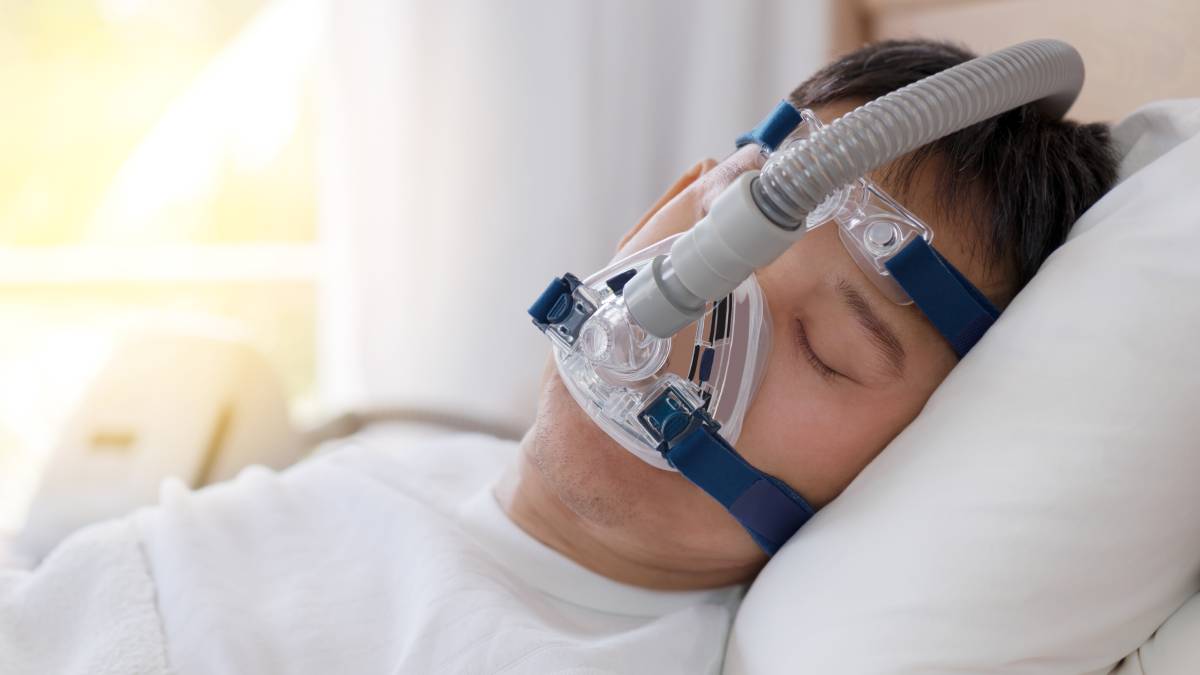For many people, bedtime does not deliver the rest and refreshment it should. And for sufferers of sleep apnoea, who can be woken 30 to 40 times per hour, there are more serious dangers than fatigue.
Dr Bastien Lechat, co-author of a study that examined the health impact of sleep apnoea and insomnia, says interrupted sleep can have major disruptive effect on your general health.
“Sleep is where your brain regenerates, where your cardiovascular system gets a break, where all the metabolic systems are regulated,” he says. “So, any disorder that impairs [this process] has consequences.”
Dr Lechat, research associate at the College of Medicine and Public Health at Flinders University, says the study shows that those who suffer from insomnia on top of sleep apnoea are at even greater risk.
The research, published in the European Respiratory Journal, shows that participants with co-morbid insomnia and obstructive sleep apnoea (COMISA) had a 47 per cent increased risk of dying early (for any reason).
That’s compared to participants with no insomnia or sleep apnoea, even when other factors known to increase mortality were taken into account.
What is sleep apnoea?
According to the Australian government website Health Direct, sleep apnoea, or obstructive sleep apnoea (OSA), happens when a person’s throat is partly or completely blocked while they are asleep, causing them to stop breathing. These episodes, in which a sufferer’s breathing can stop for anywhere between a few seconds and as much as 90 seconds, are known as apnoeas.
Each apnoea episode briefly wakes sufferers, although they will generally be unaware of it. Long-term sufferer Kim Wall says the effect is debilitating. “You wake up in the morning feeling terrible, as though you haven’t slept at all.”
Other symptoms of sleep apnoea include snoring, tossing and turning, and waking up gasping or choking.
What can be done?
For those with mild cases, preventative measures such as sleeping on your side and limiting alcohol intake in the evening can help reduce the symptoms, as can losing weight.
Those whose symptoms are more severe may be advised to have an oral appliance fitted by their dentist, use a continuous positive airway pressure (CPAP) pump, or even have surgery.
After seeing a sleep disorder specialist, Ms Wall was advised to start using a CPAP pump, and she has found it to be very beneficial. “It works very well. I don’t use it as often as I should, but if I have busy day planned, I put it on the night before. It makes a huge difference.”
Fortunately for Ms Wall, who is in her 50s, she does not suffer from the added complication of insomnia. But even those who suffer from OSA may be at risk of other health compromises including an elevated risk of diabetes, stroke, headaches and depression.
The good news is that effective treatments are available and sufferers should a discuss them with their GP.
Do you suffer from disrupted sleep? Have you been diagnosed with sleep apnoea? Why not share your experience in the comments section below?
Also Read: How to overcome the bad habits disrupting your sleep

